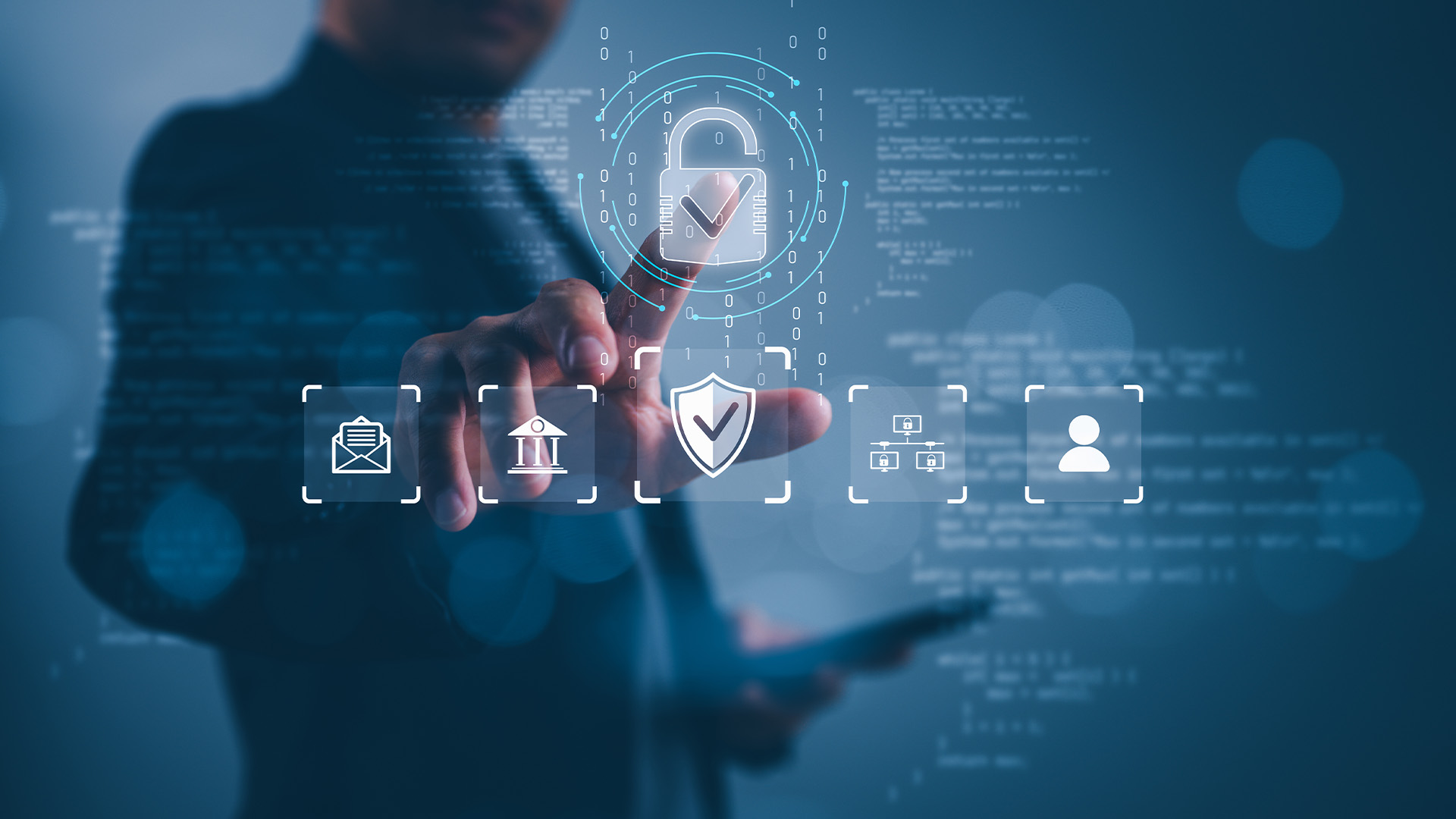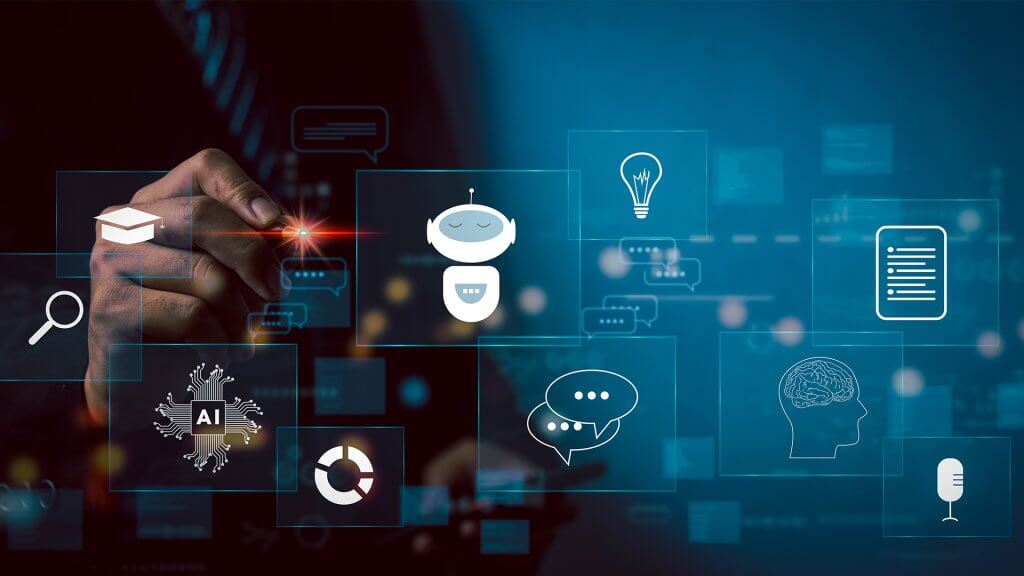
Email Security 101 – A user-centric approach to email security
The digital divide in cyber security is human. When we fail to acknowledge the reality of human behaviour, how people typically work, day to day, we risk undermining the progress of cybersecurity technologies and email is often the achilleas’ heel, according to Dave Adamson, CTO at Espria. According to the Mimecast state of email security 2023 report, phishing attempts soared by over 60% YoY.
Whilst collaboration tools like Teams and Slack are commonplace, they’re yet to universally replace email, which remains the primary way most businesses communicate internally and externally. Email is also a vulnerable target for cybercriminals due to its accessibility and the potential for human error. Consequently, email is an effective tool used by cybercriminals to spread spam, attempt phishing attacks and send attachments and links that automatically install malware on a user’s device.
According to the Mimecast state of email security 2023 report, there were an estimated 255 million phishing attempts in 2022, a 61% jump over the prior year, indicating the increasing popularity of this method of attack. Businesses are increasingly at risk if they fail to fortify their policies and their technology. Many large enterprises have sophisticated cyber defence systems in place, and added resources, small and medium-sized enterprises (SMEs) often lack the internal resources and must rely on external partners who are dedicated to foreseeing the next trend in cybersecurity attacks and identifying weak spots in IT systems.
Email security must be a priority in an organisation’s cyber safety measures, including email encryption, multi-factor authentication, and regular updates to anti-malware software.
Considering the human element to organisational cyber resilience, communications and policies are paramount. It’s simply not possible to over communicate and repetition is key; the same cyber-attacks methods, like phishing emails and malicious content, have avoided eradication because humans forget even if technology doesn’t.
Another way in which hackers exploit the fallibility of emails is email account hacking with the intention to steal passwords. This is also often achieved by ‘shoulder surfing’ or hacking into the office network. Once inside, the hacker may be able to impersonate nearly anyone within the organisation, including the company’s CEO, managers, and executives posing a huge reputational and financial risk.
Comprehensive security measures are therefore crucial for businesses to protect employees and devices. Two-factor authentication, for example, can make it more challenging for hackers to steal employees’ passwords. However, there have still been cases where users pass multi factor authentication credentials without realising their network is compromised. Organisations can also deploy privileged access management (PAM) to reduce risk.
Why human behaviour is both a threat and a defence
While these tactics can offer protection to a certain extent, various security issues and costs are still related to deploying these technologies. Therefore, the key to a company’s defence strategy must be detection. This, in practice, means that when someone accesses your account, atypical behaviour is spotted immediately so that you can take the appropriate action.
While most security approaches focus on protecting an organisation’s network infrastructure, attention is rarely paid to staff and end users. Although the security of the network and connected devices plays a significant role in an organisation’s overall security, engaging users with the general safety of the entire organisation can play a critical role in building robust cyber defences.
The people within organisations should be provided with comprehensive training and easy-to-understand information, empowering and enabling them to identify breaches instantly. When an account or application is accessed unusually, the user knows whether they are responsible for this behaviour change. In addition, the user knows if an attacker has breached the system. For example, if an additional user is added to an account, documents could be shared with unauthorised charges or outside the network. In addition, rights could be granted to other unauthorised users. In this instance, the account owner would know whether or these are legitimate actions, potentially indicating that an account has been compromised.
Ongoing cyber security education and training also empower users to monitor their accounts, devices, and other company assets. A user-centric approach is the only way to speed up security breach identification and ensure a quick response to resolve issues. Data security is everyone’s responsibility.




















